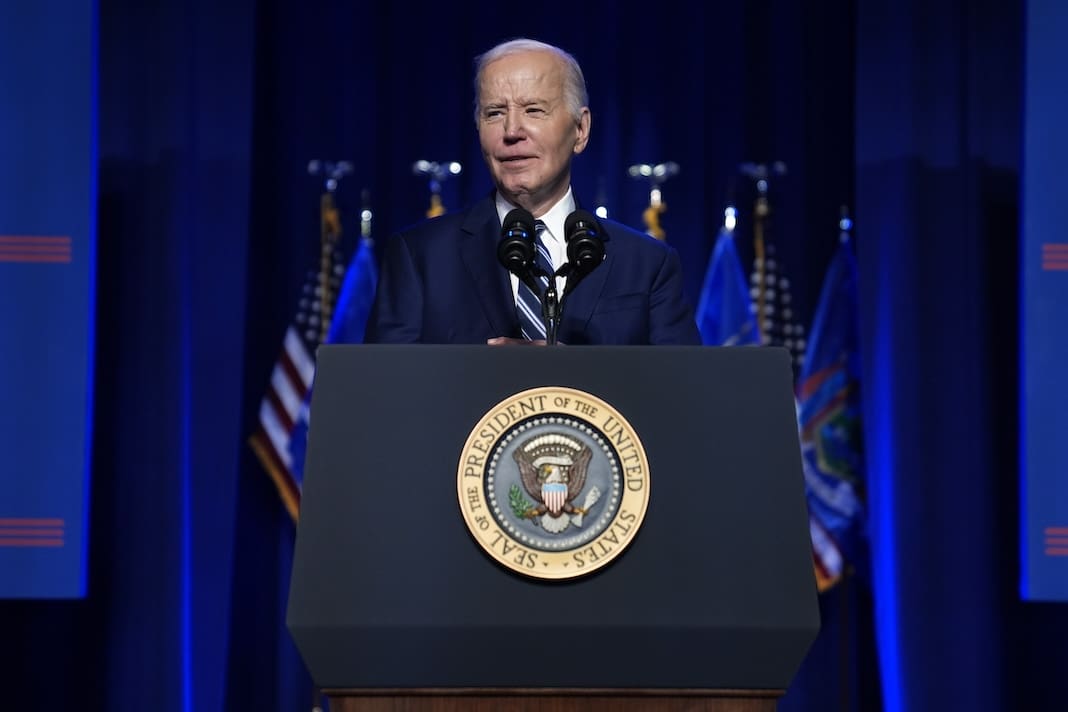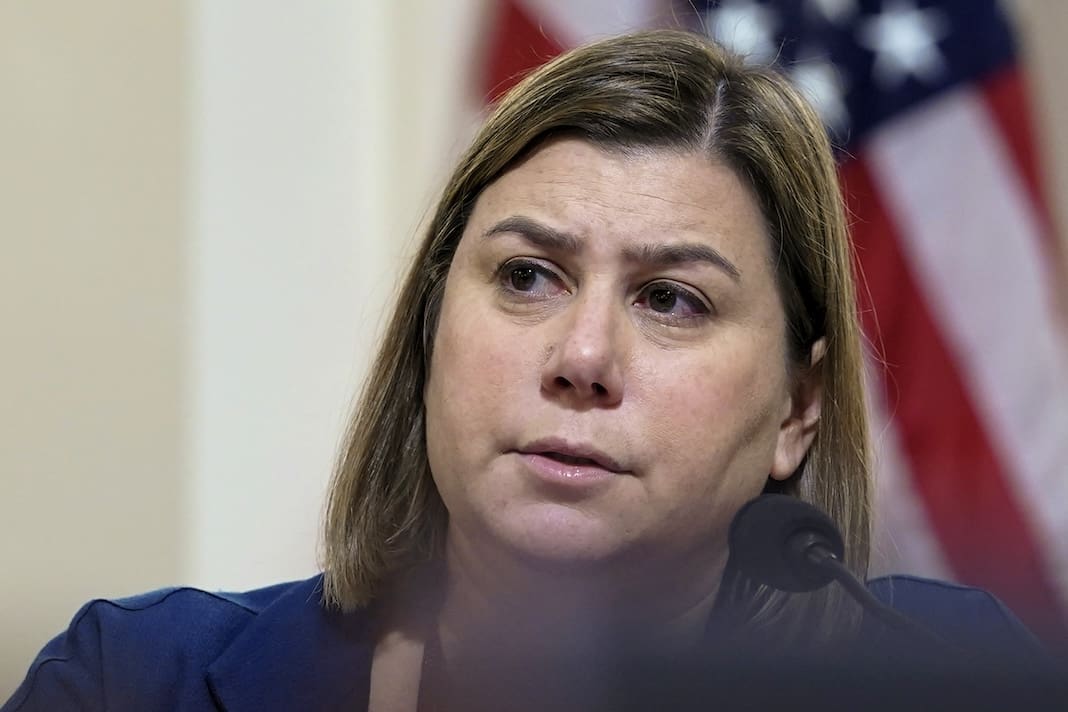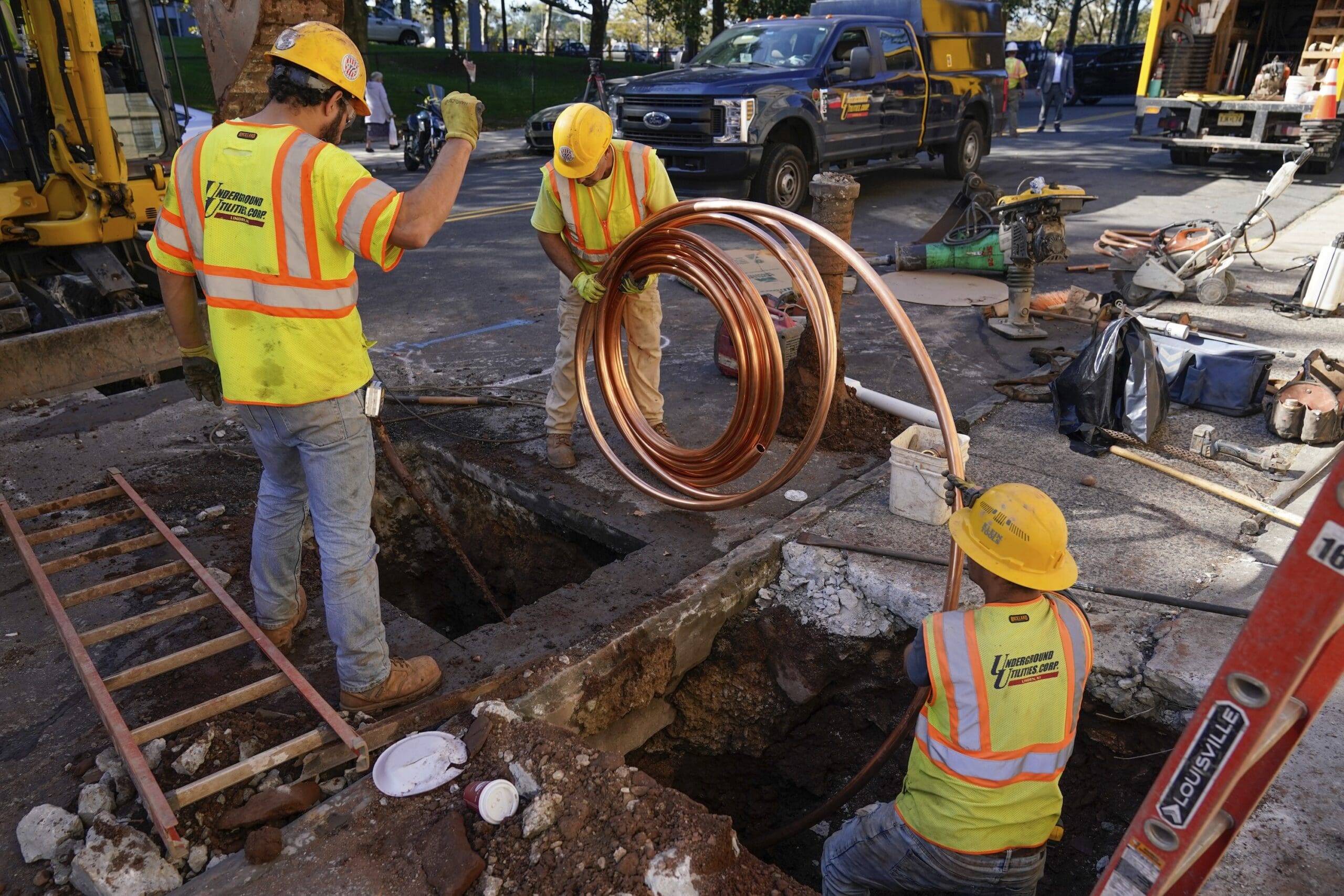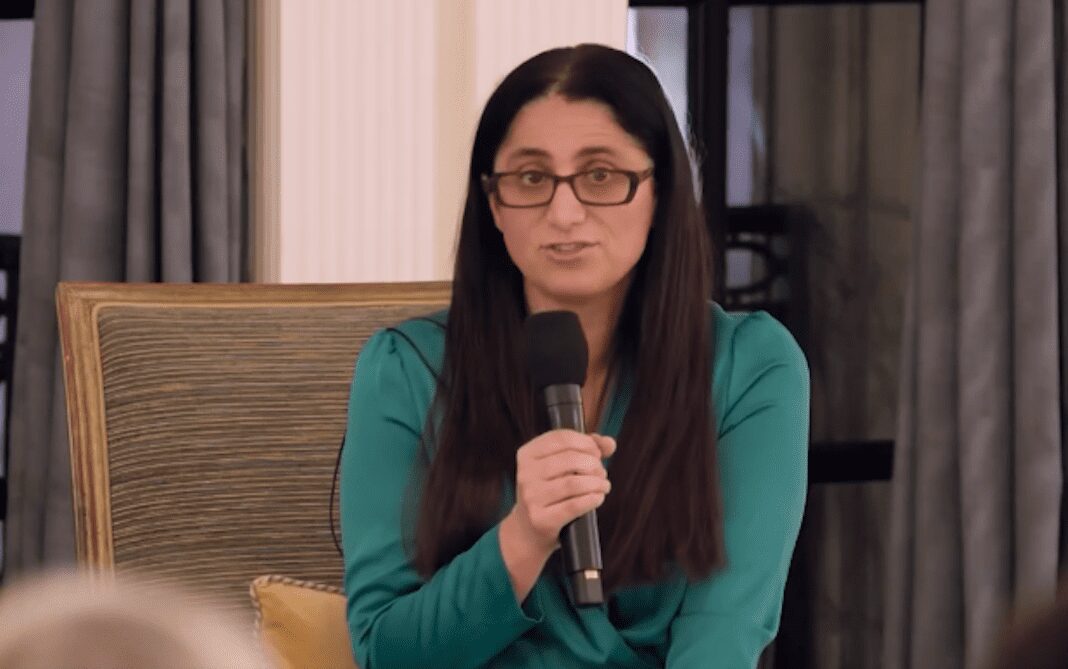Michigan gets federal approval of plan to narrow state’s digital divide
Infrastructure law grants will fund programs to address Michigan’s need for digital skills and broadband access.

The Department of Commerce announced on March 18 that Michigan’s plan to address the state’s deficiencies in access to broadband internet and digital skills training has been accepted. Later this year Michigan, along with the 49 other states, Puerto Rico, and Washington, D.C., will receive grants from Commerce to put their individually submitted digital equity plans into action.
The Digital Equity Act, a component of the 2022 Infrastructure Investment and Jobs Act signed by President Joe Biden, is the legislation that secured the $2.75 billion in funding that will be used to address those gaps.
Michigan released its Digital Equity Plan in July 2023 via the state’s Department of Labor and Economic Opportunity’s High-Speed Internet Office. Noting that nearly every facet of modern life requires access to high-speed internet, the plan says that nearly 30% of Michigan households do not have fast internet access or lack access altogether. The situation is worse for low-income households, homes with racial and ethnic minorities, and households with older people, and for many living in the state’s rural areas.
The plan calls for an expansion of internet service in Michigan, upgrades to the speeds of existing networks, and education and training for communities that will allow them to better use digital technology for work. The Michigan High-Speed Internet Office says in the plan that the existing divide can be closed by 2030.
The need for an expansion of high-speed internet access was highlighted in a January report from the National Skills Coalition that found that 89% of jobs in Michigan require digital skills.
“By closing the skills gap, we can better prepare Michiganders for economic opportunity, increase workforce readiness, and build on the work we’ve done to connect homes and businesses to high-speed internet,” Lt. Gov. Garlin Gilchrist II said in a statement responding to the report.
Michigan has already received significant support from the Biden administration for its ongoing efforts to narrow the existing divide.
In 2023, the state received $1.5 billion from the Broadband Equity, Access, and Deployment fund, which is also a part of the infrastructure law. The state government is currently taking applications for projects to expand broadband that will receive grants from the fund.
Federal assistance has also come in the form of a grant given to Michigan State University for the Merit/MOON-Light project. A joint venture with the networking company Merit, the project plans to create a network that will provide high-speed internet to 17,000 underserved households in 74 of the state’s 83 counties.
Under the Biden administration’s Internet For All initiative, grants have also been provided to several Native American tribal communities in Michigan to expand internet service, distance learning, and telehealth initiatives.




